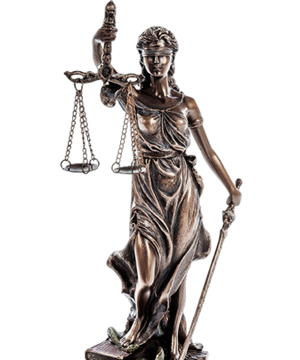Supreme Court Hears Case on Donor Privacy in Nonprofit Sector
Landmark Legal Precedents at Stake
In a pivotal moment for nonprofit organizations, the U.S. Supreme Court convened today to review a significant civil case regarding the privacy of donors. This dispute, known as First Choice Women’s Resource Centers v. Platkin, AG of NJ, raises crucial questions about the extent to which donor lists should remain confidential—a matter that harkens back to the landmark 1958 ruling in NAACP v. Alabama, which underscored the constitutional right to freedom of association.
Background and Legal Context
The case challenges New Jersey Attorney General Matthew Platkin’s directive that seeks to require nonprofit organizations, including reproductive health centers, to disclose their donor information. Advocates of donor privacy argue that revealing such lists could deter individuals from contributing to organizations whose missions they support, inhibiting the free exchange of ideas and resources vital to civic engagement.
The original NAACP decision established important legal principles by protecting donor anonymity as part of the freedoms guaranteed under the First Amendment. However, the current case focuses primarily on procedural issues rather than directly assessing the constitutional protections established decades ago.
Key Arguments in the Case
Attorneys representing First Choice Women’s Resource Centers, which offers support to women with unplanned pregnancies, contend that the state’s demand for disclosure undermines both donor privacy and the organization’s mission. “Preserving donor anonymity is essential to our ability to offer services without facing public backlash,” said a spokesperson for the center. Further comments from officials involved in the case are anticipated in the coming days.
Supporters of the New Jersey Attorney General’s stance argue that transparency is crucial for accountability within the nonprofit sector, especially when public funds may be involved. However, the legal implications of this case lurk larger than just donor privacy, potentially impacting the operational landscape for nonprofits across the nation.
Next Steps
As the Supreme Court deliberates, the outcome of this case could reshape the legal framework governing the privacy rights of donors to nonprofit organizations nationwide. Legal experts suggest the ruling may set a precedent for how similar cases are handled in the future, marking a significant chapter in the ongoing dialogue regarding privacy, transparency, and First Amendment rights.
Stay tuned for updates as this case develops and additional insights emerge from the Supreme Court proceedings.

Focuses on crime, public safety, and regional events.
Bio: Marcus is a community-based journalist passionate about reporting impactful stories that matter most to readers.

